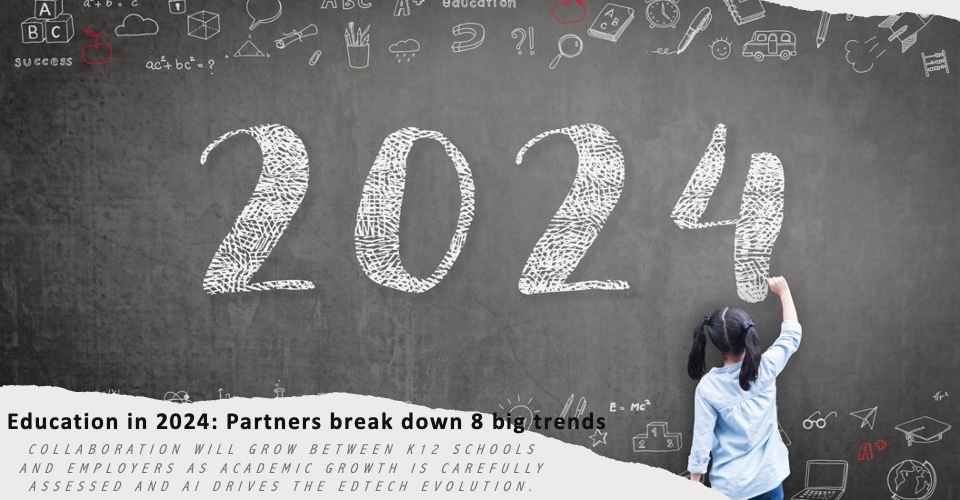Since its inception, ChatGPT has turned the world of education on its head, originally sparking fear and concern among educators surrounding academic integrity. Now we’ve come to learn that students are using it anyway and in staggering numbers, to the point where other “study buddy” companies’ stocks are taking a toll as a result.
Earlier this week, Chegg, a popular homework-help tool, announced a 48% drop in its stock citing concerns about how artificial intelligence will impact its services. During an investor call, CEO Dan Rosensweig spoke to the growing popularity among students surrounding ChatGPT, which is believed to be affecting Chegg’s signup numbers.
“Because it’s too early to tell how this will play out, we believe that it’s prudent to be more cautious with our forward outlook,” said Rosensweig.
Chegg reported a Q1 income of $2.2 million, a decline of 61% from $5.7 million this time last year. Net revenue was also down 7%.
The news comes at a time when both fears and optimism surrounding generative AI continue to make headlines. During a keynote session at the ASU+GSV Summit in San Diego in February, Microsoft co-founder Bill Gates argued that AI chatbots are well on their way to replacing teachers in helping children learn to read and write.
“The AIs will get to that ability, to be as good as a tutor as any human ever could,” he said. “At first, we’ll be most stunned by how it helps with reading—being a reading research assistant—and giving you feedback on writing.”
Edtech companies, including Chegg, are collaborating with OpenAI, the developer of ChatGPT, to develop their own AI-powered tools. CheggMate, an upcoming GPT-4-powered study aide for students is Chegg’s “first big step” in utilizing AI in its services.
“CheggMate will harness the power of ChatGPT, paired with our propriety data and subject matter experts, to make learning more personalized, adaptive, accurate, fast and effective—all in an easy-to-use and controversial manner,” said Rosensweig.
More from DA: 9 tips for launching tutoring programs in your district
The call for educators to embrace AI
Multiple studies have revealed teachers’ gradual embracing of ChatGPT. A March survey from the Walton Family Foundation found that within two months, 51% of teachers reported having used the tool with as many as 40% using it at least once a week.
Yet, some educators may still be on the fence. Knowing that students overwhelmingly leverage ChatGPT for learning and homework help, district leaders should educate their teaching staff on how to use it for their own benefit to streamline their work.
A recent blog post from the Association for Supervision and Curriculum Development outlines four ways teachers can leverage ChatGPT. Here’s their advice that district leaders can use to support and encourage their teaching staff to ease some of the grunt work in their day-to-day routines:
- Use it to help engage students in grammar lessons. ChatGPT can read your students’ work and provide corrections in seconds.
- Have it create study guides.
- Let it drive students’ research. Students can ask ChatGPT the question rather than the teacher.
- Use ChatGPT to build information literacy skills. Encourage teachers and students to put AI-generated information to the CRAAP test to ensure its current, relevant, authoritative, accurate and purposeful.









